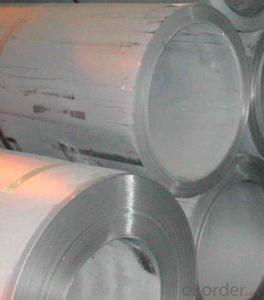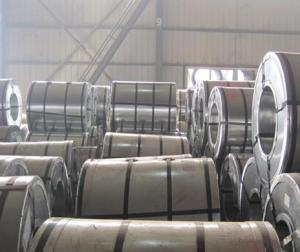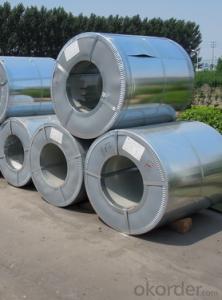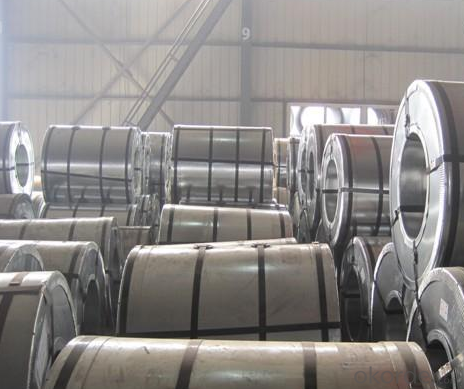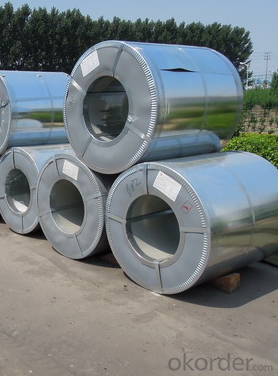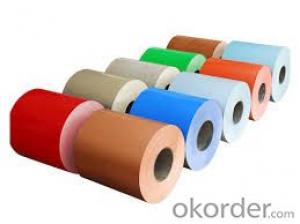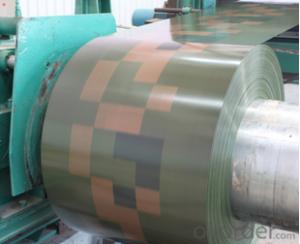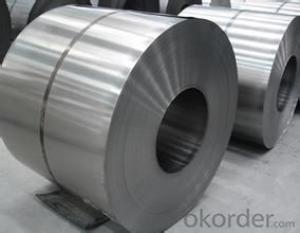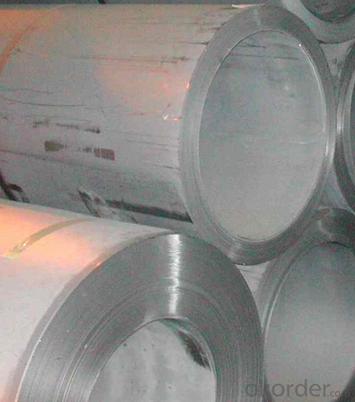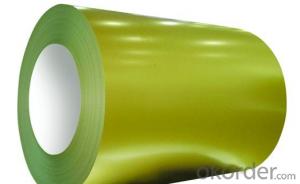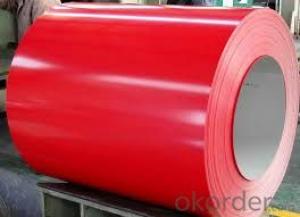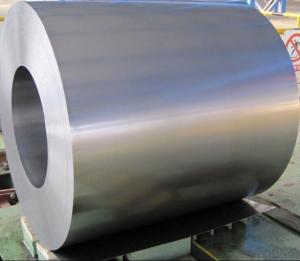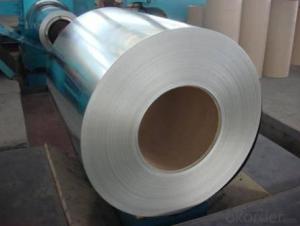Quick Details
Standard: DIN
Grade: HCT / HD
Type: Steel Coil
Surface Treatment: Galvanized
Application: Multiphase steels for cold forming
Width: 600-1534mm
Length: Coil
Packaging & Delivery
| Packaging Details: | Oscillated wound: one coil per bundle, inner is the protecting humidity-proof wax paper. Medium is plastic film. Outer is sackcloth or compound paper packing. Coil to be laid on single type pallet (one pile per pallet) |
|---|---|
| Delivery Detail: | Depends on specification and order quanity. |
Feature
Drawing quality
(1) Type of zinc coating finish: regular spangle, minimized spangle and skin-pass.
(2) Types of surface qualities: as coated surface, improved surface and best quality surface.
(3) Surface treatment: chemically passivated, chromate-free passivation, phosphate, anti-finger print, phosphateand, self lubricating film, and untreated.
(4) Type of oiling: oiled and unoiled.
(5) Coil ID: 508/610mm.
(6) Grade: DX52D+Z; Application: drawing use.
Chemcial composition (cast analysis) of low carbon steels for cold forming
Specifications
1) Color: RAL, or other series
2) Surface protection: PE, PVDF, SMP, HDP, etc.
3) Surface treatment: chromate, oil/unoil, bright finish, spangle, anti-finger print
4) Min trial order: 25 ton each size, 1x20' per delivery
